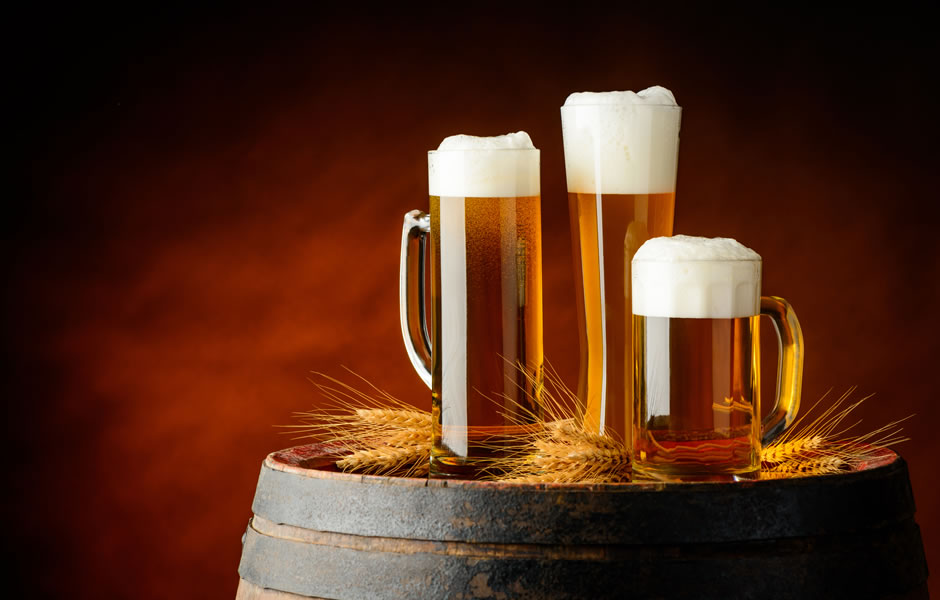A team of researchers led by the researcher and specialist in Nutrition and Metabolism of CINTESIS – Center for Health Technology and Services Research, Conceição Calhau, is looking for volunteers to participate in a clinical study aiming to evaluate the effect of the consumption of beer without alcohol in the metabolic profile and in the intestinal microbiota (intestinal bacteria) in people with diabetes.
For that, the researchers are looking for 30 volunteers (men and women) with Diabetes Mellitus type 2 between the ages of 40 and 75, who are non-smokers and willing to consume one non-alcoholic beer per day for 12 weeks.
“People with type 2 diabetes mellitus present a set of intestinal bacteria different from the healthy population,” says Conceição Calhau, who is also a professor at the NOVA Medical School, explaining that “beer is a fermented, cereal-based beverage rich in compounds that may have a beneficial effect on the intestinal bacteria, and thus have a positive impact on health. ”
However, “the scientific evidence of the effects of beer consumption on metabolism and intestinal microbiota is scarce, even more so in the context of diabetes,” explains the specialist. The research team of CINTESIS and the NOVA School is working to answer this question.
The clinical study will take place in Lisbon, at the facilities of the NOVA Medical School / Faculty of Medical Sciences (Campo Mártires da Pátria, 130, Lisbon). Those interested in collaborating can register through the e-mail diabeer@nms.unl.pt or via the mobile number 918 482 491.
The study was approved by the Ethics Committee of the NOVA Medical School / Faculty of Medical Sciences. The information of the volunteers will be treated in a way that safeguards the total confidentiality of the participants.
It should be noted that this is the second clinical study that the research team of CINTESIS and the NOVA school performs around the theme of beer and health. Last March, the team recruited dozens of volunteers for a similar study but intended to assess the effects of moderate alcohol and non-alcoholic beer consumption on different clinical parameters in healthy subjects.

